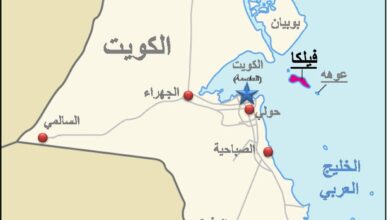Ongoing scrutiny reflects commitment to integrity of financial systems

Kuwaiti teachers in the private lessons sector are facing financial scrutiny as banking systems intensify reviews of payments, leading to accusations of “money laundering” in certain cases.
Stringent measures are being applied to financial transfers, including “link” payments and cash deposits exceeding 3,000 dinars, prompting inquiries into the integrity of fund sources, reports Al-Rai daily.
The following are the key points:
- Background Checks: Banking institutions are closely examining financial transactions, especially transfers originating from foreign banks, and have expanded the scope of their follow-ups. Unusual amounts, even if occurring once, may trigger inquiries, with a focus on the customer’s ability to substantiate the funds’ legitimacy with proper documentation.
- Size of the Gap: The disparity between deposited funds and recorded income is a significant factor drawing attention. Additionally, the nature of the customer’s profession and work is considered, with particular scrutiny applied to the teaching sector.
- Case Example: A notable case involved a teacher whose monthly transfers were approximately ten times his recorded salary. While investigations revealed the funds were from private lessons, the client might still be referred to the “Investigation Unit” based on suspicions of “illicit gain.”
- Deposit Sources: The sources of deposited funds, whether directly or through links, are subject to scrutiny. If suspicion arises, customers may be asked about the source of funds, and failure to provide satisfactory explanations could lead to referral to the Financial Investigation Unit.
- Paradoxical Cases: Unusual cases include an “Office Boy” in a bank whose income exceeded his salary due to colleagues transferring funds for personal items. While the funds were considered safe, the worker was warned against accepting such transactions on a large scale.
As Kuwaiti banks adhere to strict regulatory and legal directives, teachers and other professionals are urged to ensure transparency in their financial transactions to avoid accusations of money laundering. The ongoing scrutiny reflects a commitment to maintaining the integrity of financial systems and preventing illicit financial activities.













